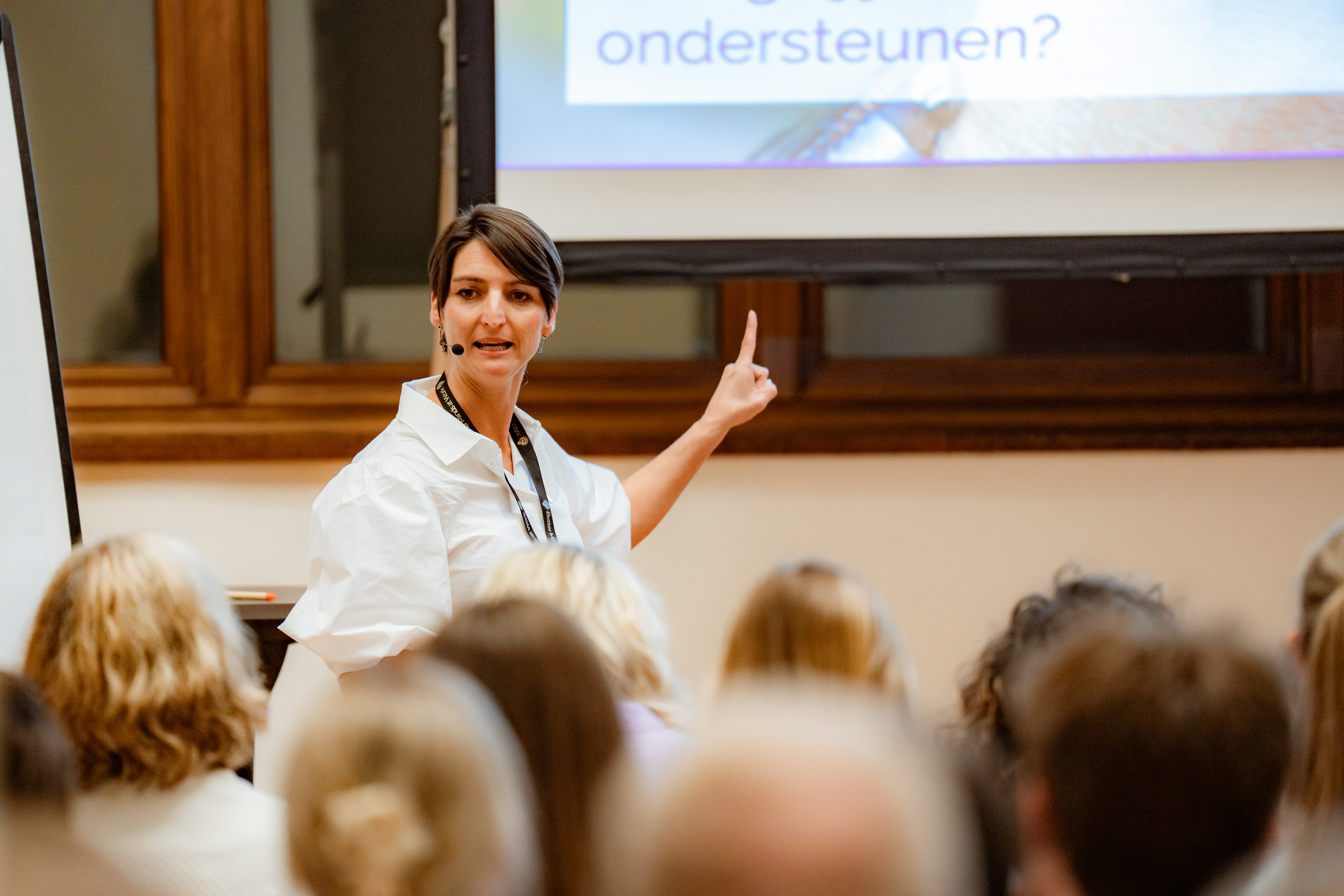Emotional intelligence as a compass in a world of change

Workplaces are changing rapidly, bringing uncertainty for both employees and leaders. Better Minds supports organisations in facing these challenges with programmes focused on wellbeing, leadership, talent and culture development. Their approach? Do not suppress emotions. Instead, learn to understand and apply them.
Emotions as the essence
Elke Geraerts, CEO of Better Minds, believes it is vital to stay connected to our humanity in turbulent times. "Staying calm and focusing on what makes us human helps us remain future-proof. Emotions are naturally part of that, but it is key to know how to manage them. Organisations that prioritise this see not only increased wellbeing, but also greater engagement, reduced absenteeism and higher retention."
Clinical psychologist and Better Minds expert Aisha Cortoos adds that emotions are not opposed to rationality. "For us as humans, emotions are the essence. They guide how we think, decide and act. Organisations that understand this gain a head start in achieving sustainable growth."
Away from oppression, towards insight
Many companies still instinctively try to exclude emotions from the workplace. But Geraerts warns that this approach backfires. "Suppressing emotions only gives them more power. The brain becomes overstimulated. It is far more effective to name and contextualise those feelings."
Cortoos outlines a familiar emotional pattern people go through during unexpected or unpleasant changes. "First comes denial, then anger, followed by sadness. Only then does the new reality begin to settle in. Acceptance and action come afterwards. Every stage needs recognition and guidance. Leaders can help people navigate by giving space to emotion while offering rational direction. That leads to better, more supported decisions."
Emotional intelligence as a strategic asset
Better Minds sees emotional intelligence as a crucial skill, especially in times of change. "Emotions are data too," says Cortoos. "We often have not learned how to interpret them. But you can only make sound strategic decisions if you consider all the data, including emotional signals."
Geraerts adds, "More and more companies are facing absenteeism linked to stress. This creates urgency around mental wellbeing. It is no longer just about wellbeing itself, but also about innovation, collaboration and agility."
There is a growing awareness that more attention needs to be paid to mental wellbeing. And this is important not only for wellbeing, but certainly also for innovation, collaboration and agility.
From insights to action: no one size fits all
Many organisations want to invest in wellbeing but do not know where to start. Better Minds helps bridge that gap. "Having insight is not enough," says Cortoos. "What matters is whether you can translate that insight into meaningful, sustainable action."
Better Minds positions itself deliberately as a boutique partner. No standard solutions, but customised programmes tailored to each organisation's reality. "We take the time to listen and understand before we design anything," says Geraerts. "No generic workshops or quick fixes. Only interventions that reflect the client’s culture, needs and ambitions."
Case studies: focus, connection and resilience
This approach pays off. Geraerts explains, "At PwC, we supported employees in improving focus, building connection with themselves and others, and processing their emotions. This led to measurable results in productivity, better work-life balance and less stress."
At Umicore, the programme went even further. Cortoos says, "We developed a fully science-based mental wellbeing strategy. We worked across leadership, teams, individuals and context, linking everything to stress and transformation. This comprehensive approach gave people deep self-insight and helped them make better choices."
Tools for the future
In addition to tailored programmes, Better Minds also offers training through the Better Minds Academy. Geraerts: "Leaders and HR professionals can find the tools they need to lead with humanity and clarity. In today’s fast-changing work climate, that is not a luxury but a necessity."
Author: Joris Hendrickx
Source: This article is an English translation of the original Dutch publication by Trends 26 June 2025, Future of Work Campagne






